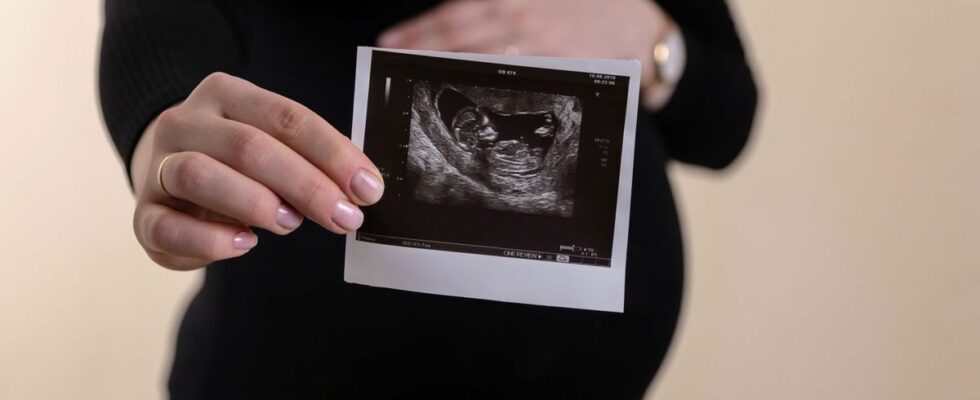Published on
Updated
Reading 2 min.
Still fewer babies in France: the number of births fell by 2.4% over the first six months of the year, in line with the historic low reached in 2023 which led President Macron to announce measures in favor of a “demographic rearmament”.
Between January and June, just over 326,000 babies were born in France, 2.4% fewer than in the same period last year, according to provisional data published Thursday by INSEE.
The drop is even 3% if we take into account the fact that 2024 is a leap year, specifies the National Institute of Statistics.
“Since the beginning of the year, each month the number of births has been low but close to 2023 levels“, commented Didier Breton, associate researcher at the National Institute of Demographic Studies (Ined), to AFP.
However, in June we observed a much more marked drop which could “be linked to the events of October 7“, the bloody attack by Hamas in Israel, he believes. In general, demographers note that anxiety-provoking events encourage couples to postpone their plans for parenthood.
In June alone, the number of births fell by 7.9%. In detail, it fell in all regions: from -14% in Normandy to -20.1% in Guyana.
End of the French exception?
If the downward trend continues in the coming months, the number of births could reach a new annual low in 2024.
In 2023, it has already fallen below the symbolic threshold of 700,000 for the first time since the end of the Second World War. In total, 678,000 newborns were recorded, i.e. -6.6% compared to the previous year.
Since 2011, the number of births has declined every year in France, with the exception of 2021, which saw a slight rebound after the lockdowns linked to Covid-19.
There are several reasons for this decline, including a demographic factor: the number of women aged 20 to 40, i.e. of childbearing age, has decreased. And above all, these generations of fewer women are procreating less.
“Previously, fewer French people than elsewhere were childless and more likely than elsewhere to have three.“, said Didier Breton, also a professor of demography at the University of Strasbourg. However, it seems that “France is becoming a country like any other in Europe“, according to him.
NO to diets, YES to WW!
“Demographic rearmament”
After the birth rate dropped in 2023, President Emmanuel Macron called for the country’s “demographic rearmament”, sparking an outcry among feminists and the left, who saw it as an attempt to control women’s bodies.
The head of state had announced measures aimed at boosting the birth rate, including the creation of a six-month “birth leave” to replace parental leave, which has struggled to gain traction due in particular to its low pay.
He also called for a “grand plan” to combat infertility.
These reform plans were, however, halted by the dissolution of the National Assembly in June, which plunged France into political crisis.
Beyond the possible implementation of these presidential announcements, can such public policies really have an impact on the number of children couples have?
Demographers believe that there is a link between natalist measures and fertility but that it remains difficult to measure.
“Public policies can make it easier for couples to realize their desire to have a child, but making this desire come true is more complicated.“, Didier Breton notably stressed.
